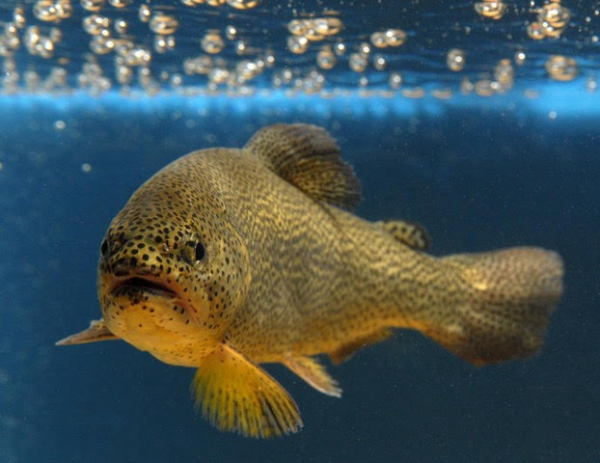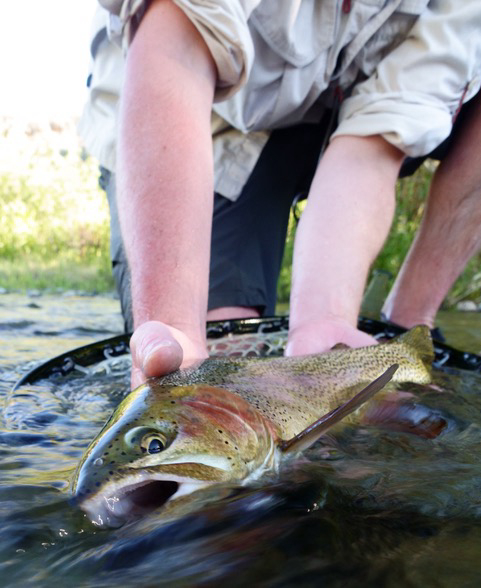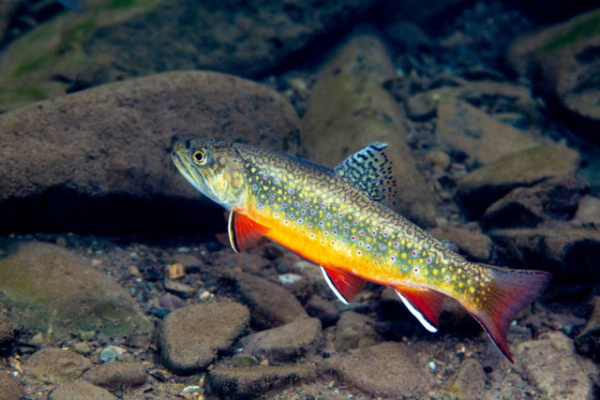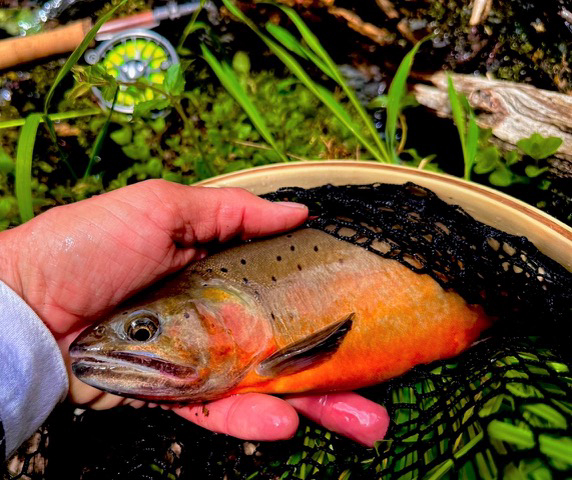Michigan: Decision By NRC on Chumming Regulations
The Natural Resources Commission (NRC) decided to regulate chumming in Michigan at its monthly meeting Thursday, July 14 in Lansing. These regulations went into effect immediately.
Following the NRC’s decision, anglers will be prohibited from using organic chum material on any designated trout streams (Types 1-4). Learn more about stream types by downloading the Michigan Fishing Guide (pg. 39 ).
The NRC had considered five possible options ranging from not regulating chumming to regulating amounts of chum allowed to be possessed by anglers or restricting chum only on specific waters.
Chumming is the practice of luring or attracting fish by tossing organic material or bait into the water. Material commonly used as chum includes fish eggs, corn, rice, noodles, oatmeal and maggots.
Chumming has become a divisive social issue in recent years as some anglers use fish eggs to attract steelhead. The DNR’s Fisheries Division has assessed that chumming is not causing a negative biological impact at the fish population level. The NRC has considered chumming regulations options since last December.
While much of the debate over chumming involves angler ethics, not biological impact, a recent study conducted in Oregon suggests certain chemicals found in egg cures (preservatives) may increase mortality for juvenile salmonids when ingested. In addition, there may be additional risks to fish populations from disease transmission from untreated eggs, especially if they originate from areas of the country that have diseases not currently found in the Great Lakes basin.








